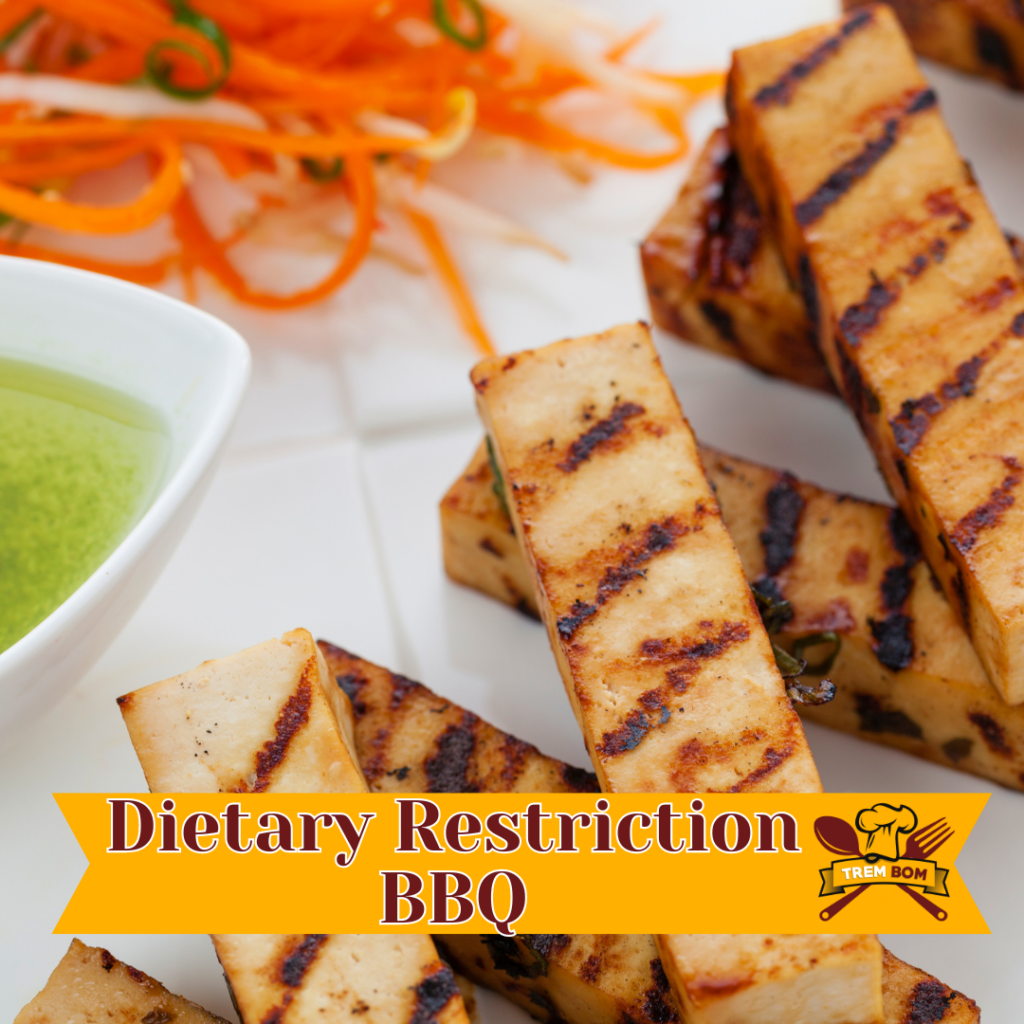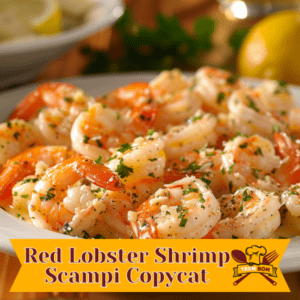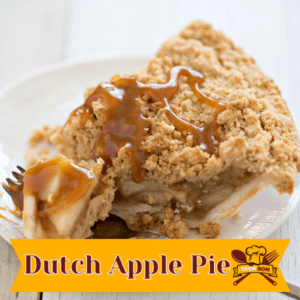
Summertime calls for outdoor barbecues, but if you or someone you know has dietary restrictions, it can be challenging to find suitable options to grill. Whether you’re a vegan, gluten-free, or have other special dietary needs, it’s essential to create a menu that everyone can enjoy. In this guide, we’ll explore how to grill up a mouthwatering and inclusive feast that accommodates dietary restrictions.
Key Takeaways
- Hosting a dietary restriction-friendly BBQ fosters inclusivity in social gatherings.
- Planning a menu that accommodates various dietary needs can be challenging but not impossible.
- Accommodating various dietary needs, including allergies and religious restrictions, is crucial.
- Ensuring a safe environment for individuals with dietary restrictions involves preventing cross-contamination and providing separate utensils.
- Creating a memorable experience for all guests is possible with the right planning and preparation.
Understanding Common Dietary Restrictions
When hosting a BBQ, it’s important to consider the various dietary restrictions of your guests. Common dietary restrictions include vegetarianism, food allergies, gluten intolerance, dairy-free diets, and religious dietary requirements. Understanding these restrictions will help you plan a menu that accommodates everyone’s needs.
Vegetarianism
Vegetarianism refers to a diet that excludes meat, poultry, and fish. It’s important to provide vegetarian options, such as grilled vegetables, veggie burgers, and tofu, to ensure your vegetarian guests have plenty to eat.
Food Allergies
Food allergies can range from mild to severe and can be life-threatening. Common food allergens include peanuts, tree nuts, shellfish, and dairy. Be sure to ask your guests about any food allergies they may have and avoid using these allergens in your cooking.
Gluten Intolerance
Gluten is a protein found in wheat, barley, and rye. Individuals with gluten intolerance or celiac disease cannot consume foods containing gluten. Fortunately, there are many gluten-free alternatives available, such as gluten-free pasta and bread.
Dairy-Free
Individuals who are lactose intolerant or have a dairy allergy cannot consume dairy products. Be sure to provide dairy-free options, such as coconut milk ice cream and dairy-free cheese, to accommodate these guests.
Religious Dietary Restrictions
Some guests may have religious dietary restrictions, such as avoiding pork or consuming only kosher or halal foods. It’s important to respect these restrictions and provide suitable options, such as grilled chicken or beef that meets religious requirements.
Planning a Dietary Restriction Friendly Menu
Planning a menu that accommodates various dietary restrictions can be challenging, but it’s essential to ensure all guests can enjoy the feast. Here are some delicious options for main courses, sides, and desserts that are gluten-free, vegan, and suitable for special dietary needs:
| Meat-Free Mains | Gluten-Free Options | Plant-Based Protein |
|---|---|---|
| Vegan burgers made with black beans and quinoa | Grilled chicken kebabs with gluten-free marinade | Grilled portobello mushrooms with balsamic glaze |
| Grilled vegetable skewers with tofu | Gluten-free pasta salad with chipotle dressing | Vegan corn on the cob with dairy-free butter |
Don’t forget about the sides! Here are some ideas for delicious gluten-free and vegan side dishes:
- Roasted sweet potato wedges
- Grilled zucchini salad with vegan ranch dressing
- Gluten-free cornbread muffins
For desserts, here are some tasty options that cater to special dietary needs:
- Vegan chocolate chip cookies
- Gluten-free fruit crumble
- Dairy-free ice cream
Remember to label all dishes with their respective dietary information and to ask guests about their special dietary needs in advance to create a menu that caters to everyone’s requirements. By doing so, everyone can enjoy the feast without having to worry about their dietary restrictions.
Tips for Navigating a Cookout with Dietary Restrictions
Attending a cookout with food allergies or dietary restrictions can be intimidating, but it doesn’t have to be. By preparing ahead of time and communicating with the host, you can ensure a safe and enjoyable experience. Here are some tips to consider:
- Bring your own food: If you have strict dietary restrictions, it’s always best to bring your own food to ensure it’s safe to eat. Talk to the host ahead of time to see if they can provide a grill for you to use or consider bringing a portable grill or camping stove.
- Communicate your needs: Don’t be afraid to let the host know about your dietary restrictions or food allergies. This will help them prepare and make accommodations for you.
- Avoid cross-contamination: Make sure the grill and utensils are thoroughly cleaned before use, or consider bringing your own separate utensils to use. It’s also important to keep your food separate from others to avoid cross-contamination.
- Ask about ingredients: If you’re unsure about a particular dish, ask the host for a list of ingredients or check the packaging yourself. It’s better to be safe than sorry.
- Be flexible: While it’s important to stick to your dietary restrictions, you may need to be flexible in certain situations. Consider eating before the cookout or bringing snacks just in case there aren’t many options available.
With these tips in mind, you can navigate a cookout with dietary restrictions and still enjoy the company and food. Remember to prioritize your health and safety, and don’t be afraid to speak up and communicate your needs with the host.
Delicious Vegan BBQ Recipes

Hosting a BBQ for vegan guests doesn’t mean sacrificing flavor. In fact, plant-based options can be just as satisfying – if not more! Here are some mouthwatering vegan BBQ recipes that will delight your guests.
Vegan Black Bean Veggie Burgers
| Ingredients | Instructions |
|---|---|
| 1 can of black beans, drained and rinsed 1/2 cup of breadcrumbs 1/4 cup of chopped onion 1/4 cup of chopped bell pepper 1 flax egg (1 tablespoon of ground flaxseed mixed with 3 tablespoons of water) 1 tablespoon of chili powder 1/2 teaspoon of cumin 1/4 teaspoon of smoked paprika Salt and pepper to taste | Mash the black beans in a bowl until they form a paste-like consistency. Add the breadcrumbs, onion, bell pepper, flax egg, and spices. Mix until well combined. Form the mixture into patties and place on a greased baking sheet. Grill the patties over medium heat for 3-4 minutes per side, until they are browned and crispy. Serve on a bun with your favorite toppings and condiments. |
Marinated Grilled Vegetables
| Ingredients | Instructions |
|---|---|
| 1 zucchini, sliced 1 yellow squash, sliced 1 red onion, sliced 1 red bell pepper, sliced 1/4 cup of olive oil 2 tablespoons of balsamic vinegar 1 tablespoon of Dijon mustard 1 tablespoon of dried thyme Salt and pepper to taste | Whisk together the olive oil, balsamic vinegar, Dijon mustard, thyme, salt, and pepper in a small bowl. Place the sliced vegetables in a large plastic bag and pour in the marinade. Seal the bag and shake to coat the vegetables evenly. Marinate in the refrigerator for at least 30 minutes, or up to 4 hours. Preheat the grill to medium-high heat and grease the grates. Grill the vegetables for 5-7 minutes per side, until they are tender and lightly charred. |
These recipes are just the beginning of the delicious vegan options you can serve at your BBQ. Don’t be afraid to experiment with different marinades, sauces, and toppings to create an unforgettable plant-based feast.
Gluten-Free BBQ Delights

For those with gluten intolerance, barbecue season can seem daunting. But fear not! There are plenty of delicious options to make your gluten-free BBQ a hit.
Start with a variety of gluten-free condiments, such as mustard, ketchup, and BBQ sauce. Serve them alongside a gluten-free pasta salad, made with balsamic dressing, cherry tomatoes, and fresh herbs. For a spicy kick, add chipotle peppers.
| Gluten-Free Pasta Salad Recipe | |
|---|---|
| Ingredients | |
| 1 lb gluten-free pasta | |
| 1/4 cup balsamic vinegar | |
| 1/4 cup olive oil | |
| 1 pint cherry tomatoes, halved | |
| 1/4 cup chopped fresh basil | |
| 2 chipotle peppers, finely chopped (optional) | |
| Instructions | |
| 1. Cook pasta according to package instructions. | |
| 2. Drain and rinse pasta with cold water. | |
| 3. In a large bowl, whisk together balsamic vinegar, olive oil, and chipotle peppers (if using). | |
| 4. Add pasta, cherry tomatoes, and fresh basil to the bowl with the dressing and toss until well coated. |
For the main course, grill up some gluten-free burgers or hot dogs with gluten-free buns. Be sure to check the ingredients on any packaged meats, as some may contain gluten as a filler or thickener. Skip the buns altogether and wrap your burger or dog in a lettuce leaf for a fresh, gluten-free option.
Whether you’re gluten-free or not, these tasty BBQ delights are sure to be a hit at your next summer gathering.
Accommodating Other Dietary Restrictions
While vegan and gluten-free diets are the most common dietary restrictions, it’s important to remember that guests may have other special diets or food allergies that need to be accommodated. To ensure everyone can enjoy the feast, consider the following tips:
- Bring Enough: If a guest has a specific dietary need, consider asking them to bring their own dish, or make sure you have enough options available to accommodate them.
- Separate Utensils: Use separate utensils and serving dishes for each dish to avoid cross-contamination. Label each dish with the ingredients, so guests can make informed choices.
- Special Diets: Do your best to accommodate guests with special diets, such as low-fat or low-sugar options.
By considering all dietary restrictions, you’ll create a welcoming environment for everyone to enjoy their favorite side dishes, the main course, and desserts.
Tips for Navigating a Cookout with Dietary Restrictions

Attending a cookout with dietary restrictions requires some preparation and communication. Here are some helpful tips to ensure that everyone can enjoy the delicious food without any concerns:
1. Communicate Your Dietary Needs
Let the host know about your dietary restrictions ahead of time. This will give them an opportunity to plan accordingly and make sure there are enough options for everyone. If you’re bringing a dish, make sure it’s clearly labeled, so there’s no confusion.
2. Bring Your Own Food
If you’re unsure about the food options, consider bringing your own food. This will not only give you peace of mind but also ensure that you have something to eat that meets your dietary needs. Just make sure to let the host know that you’re bringing your own food, so they don’t prepare extra food for you.
3. Avoid Cross-Contamination
Cross-contamination is a significant concern for individuals with food allergies. Make sure to use separate utensils and cookware for preparing and serving food. Label the utensils or cookware with tape or a marker to avoid confusion. Also, ensure that the food is kept separate from other dishes to prevent cross-contamination.
4. Provide Separate Utensils
To accommodate vegetarians, provide separate utensils for preparing and serving vegetarian dishes. This will prevent contamination from meat products, ensuring that everyone can enjoy the food without concern.
5. Prepare Your Favorite Side
If you’re unsure about the food options, consider preparing your favorite side dish. This will not only ensure that you have something to eat but also give others the chance to try out a new dish.
By following these tips, you can navigate a cookout with dietary restrictions and enjoy the delicious food without any concerns. Remember, communication is key, so don’t hesitate to inform the host about your dietary needs and bring your own food if necessary. With a little preparation, everyone can enjoy the inclusive outdoor feast!
Conclusion
Hosting a BBQ that accommodates dietary restrictions is not only considerate, but it also promotes inclusivity for all guests to enjoy. Whether you’re planning a neighborhood barbecue or hiring a caterer for events like weddings, it’s important to offer options that cater to everyone’s dietary needs. By following our tips and recipes, you can create a mouthwatering feast that everyone can enjoy.
Dietary Restriction BBQ for All: It’s Possible!
Creating a dietary restriction-friendly menu may seem daunting, but with some thoughtful planning and preparation, it’s possible to put together a delicious spread that everyone can enjoy. From understanding common dietary restrictions to selecting options for main courses, sides, and desserts, there are ample ideas to choose from. Whether you have guests who are vegan, gluten-free or have specific food allergies or religious restrictions, you can still create an inclusive, mouth-watering feast that caters to everyone.
Consider Hiring a Caterer for Your Next Neighborhood Barbecue
If you’re feeling overwhelmed, consider hiring a caterer to help create a dietary restriction-friendly menu. A professional caterer has the experience and knowledge to create menus that cater to various dietary restrictions, ensuring that everyone can enjoy a delicious meal at your next event.
Remember to Accommodate Dietary Restrictions at Events Like Weddings
Weddings are an excellent example of events where dietary restrictions should be considered. It’s essential to cater to everyone’s needs so that they can enjoy the special day with their loved ones. Provide a wide range of options, including vegan, gluten-free, and allergy-friendly options, along with clear signage or labels to help guests identify which dishes are safe for them to eat. With a little planning, you can ensure that everyone has an enjoyable experience.

FAQ
How can I accommodate vegan guests at my BBQ?
There are plenty of delicious vegan options for your BBQ! Consider grilling vegetable skewers, veggie burgers, or even marinated tofu. You can also provide a variety of plant-based side dishes and desserts to ensure there are plenty of tasty options for your vegan guests.
What are some gluten-free BBQ recipe ideas?
You can still enjoy BBQ season even if you’re gluten-free! Try making gluten-free pasta salad with balsamic dressing, grilled chicken or fish seasoned with gluten-free marinades, or even gluten-free condiments like chipotle mayo. Don’t forget to double-check ingredient labels to ensure they are gluten-free.
How do I ensure that guests with food allergies feel safe at my BBQ?
It’s important to communicate with your guests about their food allergies and implement necessary precautions. Ask them to bring their own food if needed and provide separate utensils for cooking and serving. Avoid cross-contamination by keeping allergen-containing ingredients separate and ensuring proper labeling.
Can I accommodate religious dietary restrictions at my BBQ?
Absolutely! If you have guests with religious dietary restrictions, it’s important to respect their needs. Provide separate utensils for preparing and serving their food, and consider offering halal or kosher options if applicable. Communication with your guests is key to understanding their specific requirements.
How can I create a safe environment for guests with dietary restrictions?
To create a safe environment, it’s essential to prevent cross-contamination. Use separate utensils and grilling surfaces for different dietary needs. Label foods clearly to indicate if they are vegan, gluten-free, or contain common allergens. Additionally, consult your guests on their preferences and dietary restrictions to ensure their needs are met.






